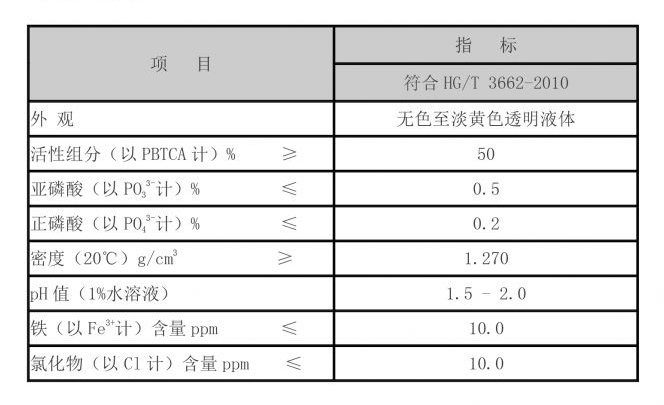Applications and Benefits of Polycarboxylic Acids in Various Industries
The Versatile Uses of Polycarboxylic Acids
Polycarboxylic acids are a group of organic compounds characterized by the presence of multiple carboxylic acid (-COOH) groups. These compounds have gained significant attention in various industries due to their unique properties, including high reactivity and multifunctionality. Their extensive applications span across numerous fields, including agriculture, food, pharmaceuticals, and materials science. This article delves into the diverse uses of polycarboxylic acids, showcasing their importance in contemporary technology and daily life.
The Versatile Uses of Polycarboxylic Acids
In the food industry, polycarboxylic acids serve multiple purposes, from preservatives to flavor enhancers. Citric acid, one of the most well-known polycarboxylic acids, is commonly used as a food preservative due to its ability to inhibit the growth of bacteria and molds. Additionally, it acts as an acidulant, contributing to the sour flavor in many beverages and foods, such as candies and soft drinks. Other polycarboxylic acids, like tartaric acid, are used in baking as stabilizers for egg whites and to enhance the texture of various products. The multifunctionality of these acids not only enhances food quality but also plays a critical role in extending shelf life, which is vital in reducing food waste.
polycarboxylic acid uses

In the realm of pharmaceuticals, polycarboxylic acids are significant building blocks for drug formulation and delivery. They are often utilized as pH modifiers in pharmaceutical preparations, ensuring that the final product remains stable and effective. Some polycarboxylic acids serve as excipients, substances that facilitate the manufacturing process without therapeutic effects but enhance the bioavailability of active ingredients. For example, polyacrylic acid is employed in controlled drug release systems, allowing for sustained dosage and improved therapeutic outcomes. This functionality is pivotal in chronic disease management, where consistent drug delivery is essential.
Another fascinating application of polycarboxylic acids lies in the field of materials science, particularly in the production of adhesives, coatings, and polymers. The incorporation of polycarboxylic acids into polymer matrices results in improved adhesion and durability in end products. For instance, these acids can be used as cross-linking agents in the synthesis of resins, leading to stronger adhesive properties in construction materials and everyday products. Furthermore, polycarboxylic acids contribute to the development of environmentally friendly materials, including biodegradable plastics, thereby aiding in the pursuit of sustainable manufacturing practices.
Moreover, polycarboxylic acids play a valuable role in the synthesis of surfactants, which are essential for detergents, personal care products, and industrial cleaning agents. Their ability to lower surface tension makes them effective in solubilizing oils and dirt, improving cleaning efficiency. As consumers increasingly demand eco-friendly products, the development of bio-based surfactants derived from polycarboxylic acids is gaining momentum, signaling a shift towards greener chemistry.
In conclusion, polycarboxylic acids are indispensable components across various industries due to their unique chemical properties and versatility. From enhancing agricultural productivity and ensuring food safety to improving pharmaceutical formulations and advancing materials science, these compounds demonstrate a broad spectrum of applications. As research continues to unveil new possibilities, the importance of polycarboxylic acids in innovative solutions and sustainable practices will only increase, reaffirming their position as vital agents in modern science and industry. As we look to the future, harnessing the potential of these compounds will be crucial for addressing global challenges and fostering a more sustainable world.
-
Water Treatment with Flocculant Water TreatmentNewsJun.12,2025
-
Polymaleic AnhydrideNewsJun.12,2025
-
Polyaspartic AcidNewsJun.12,2025
-
Enhance Industrial Processes with IsothiazolinonesNewsJun.12,2025
-
Enhance Industrial Processes with PBTCA SolutionsNewsJun.12,2025
-
Dodecyldimethylbenzylammonium Chloride SolutionsNewsJun.12,2025





